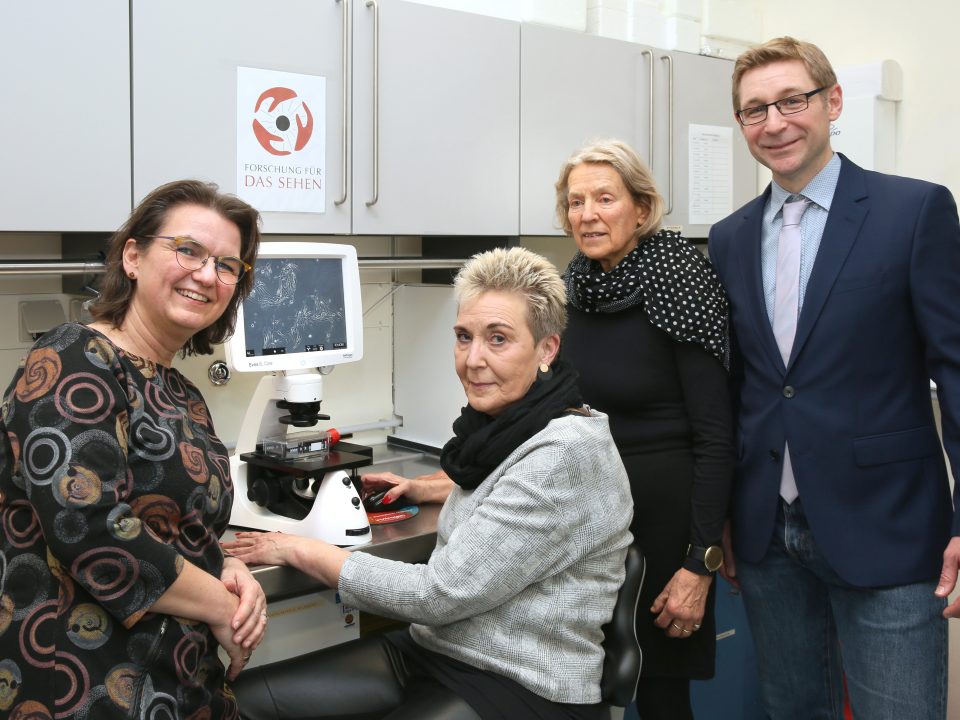New associated DFG project investigates a micro-RNA target to treat Fuchs endothelial dystrophy

Set to begin in July/August of 2017, PD Dr. med. Mario Matthaei, FEBO has landed a grant from the German Research Foundation (DFG) for a project that will investigate a micro-RNA target to treat Fuchs endothelial dystrophy. The project is called “Molecular investigations of miR-29-associated deposits of extra-cellular matrix in the course of Fuchs endothelial dystrophy”. Dr. Matthaei is an ophthalmologist in the Department of Ophthalmology at the University of Cologne and is an Affiliate Clinician-Scientist in Project 2 “Identification of novel endogenous modulators of (inflammatory) lymphangiogenesis by analyzing mouse strain-specific differences” of the DFG Research Unit FOR 2240 “Angiogenesis, Lymphangiogenesis and Cellular Immunity in Inflammatory Diseases of the Eye” in Cologne. He previously undertook his postdoctoral fellowship with Prof. Jun at the prestigious Johns Hopkins University in Baltimore, USA.
Fuchs endothelial dystrophy (FED) is a disease of the corneal endothelium that affects both eyes. The corneal endothelium is the single layer of cells on the innermost surface of the cornea that, among other things, is involved in getting the hydration balance right to keep the cornea clear, and in this context, it is the removal of fluids that is important, too. FED is the most common reason for getting a corneal transplantation in the western world and conservative therapies for it do not yet exist. With over 600 corneal transplantations in 2015, the Department of Ophthalmology at the University of Cologne is one of the biggest corneal transplantation centers in Germany and is furthermore clinically and scientifically highly specialized in the area of Fuchs endothelial dystrophy (www.dmek.de).
One basic scientific fact at the heart of this search for a conservative therapy is that the information in a gene is not only used to make proteins, but also to make functional RNA. The task at hand is to investigate one type of functional RNA, in particular a family of micro-RNA (miRNA), namely miR-29. Micro-RNA entities are small, non-coded RNA. General functions common to micro-RNA families are that they can silence RNA and regulate gene expression. The miR-29 family in particular has been identified as an important modulator of the cocktail of molecules that keep the structural material outside of the cells in balance (extra-cellular matrix homeostasis). The project will examine the influence of micro-RNA on the onset of the illness. This will be followed by studies of the world’s first transgenic (Col8a2Q455K/Q455K) mutant mouse model of Fuchs endothelial dystrophy. The miR-29 family holds great promise as a target for new conservative therapies for Fuchs endothelial dystrophy.



